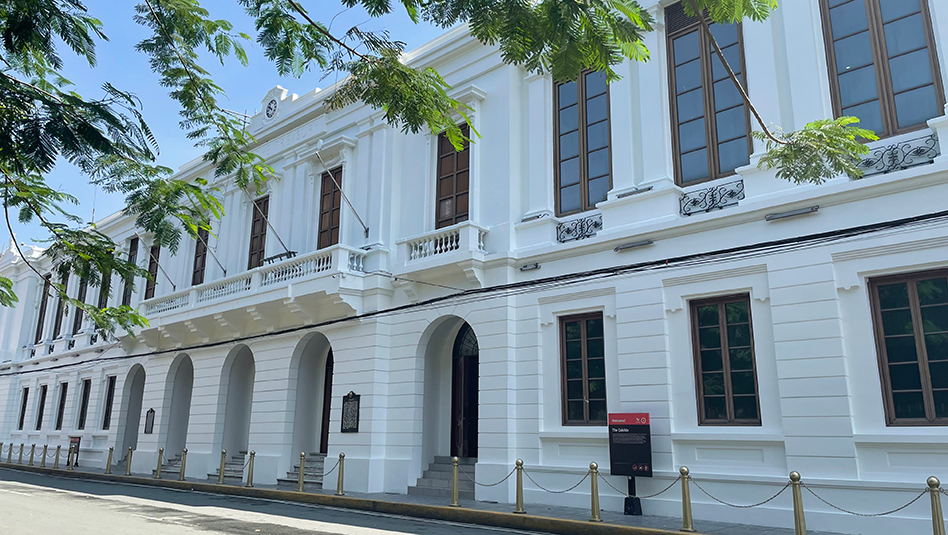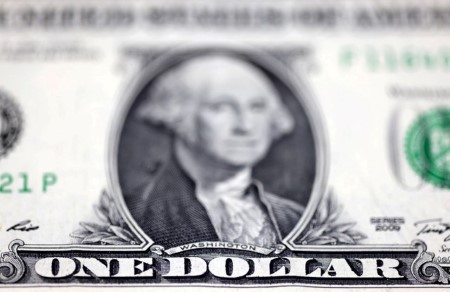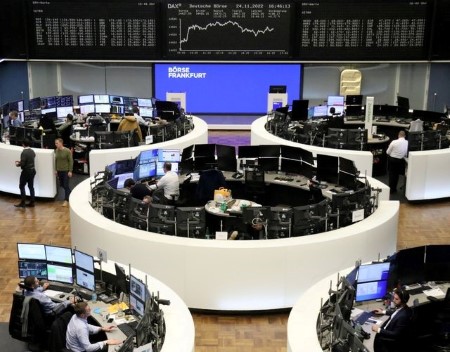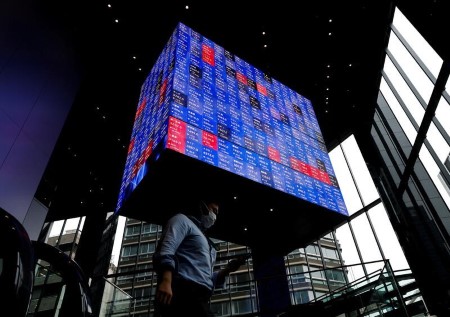Nov 28 (Reuters) – Europe’s STOXX 600 index fell on Monday, in line with a rout in global markets on economic jitters due to rare protests in China against stringent COVID-19 curbs, while shares of Airbus slid 5.7% on a report the planemaker may delay some jet deliveries.
The pan-European index closed 0.7% lower, slipping from last week’s peak which was the highest in more than three months.
Police stopped and searched people at the sites of weekend protests in Shanghai and Beijing, after crowds there and in other Chinese cities demonstrated against stringent COVID-19 measures disrupting lives three years into the pandemic.
China posted record-high COVID-19 infections on Monday, raising worries about the management of the country’s zero-COVID policy and its impact on the world’s second-largest economy.
“A widening of infections could add to supply chain interruptions, with China’s problems spilling into global markets,” Mark Haefele, chief investment officer at UBS Global Wealth Management wrote in a note to clients.
“Social discontent related to zero-COVID adds to execution and implementation risks for the government. We do not expect economic or market headwinds in China to abate significantly over the coming months.”
European oil stocks dipped 1.4% as crude prices, fell on worries about the outlook for the world’s biggest crude importer, while China-exposed automakers and luxury, also slipped.
The benchmark STOXX 600 notched its sixth consecutive weekly gain on Friday, marking a recovery of about 15% from its September lows on hopes that the Federal Reserve will shift to smaller interest rate hike amid signs of cooling US economy.
US jobs data later this week might shift expectations around the Fed’s policy move in December, with traders currently anticipating a 50-basis-point rate hike.
Preliminary reading of euro zone inflation for November is due on Wednesday, with the numbers expected to show a slight cooling from the record levels hit in October.
European Central Bank chief Christine Lagarde said inflation has not peaked and it risks turning out even higher than currently expected, hinting at a series of interest rate hikes ahead.
Credit Suisse’s shares dropped 4.2% to log a record closing low, while the cost of insuring its debt against default rose as the Swiss bank struggled to win over rattled investors following an exodus of client cash and with more litigation on the horizon.
Brenntag SE tumbled 9.7% after the German chemicals distributor said it held preliminary discussions for a potential acquisition with US rival Univar Solutions Inc.
Airbus slid 5.7% after Reuters reported the planemaker may delay planned delivery dates of some medium-haul aircraft in 2023 even as it races to meet delivery targets for 2022 in the face of supply chain and labour problems.
(Reporting by Sruthi Shankar and Devik Jain in Bengaluru; Editing by Uttaresh.V, Sherry Jacob-Phillips and David Gregori)







 DOWNLOAD
DOWNLOAD










